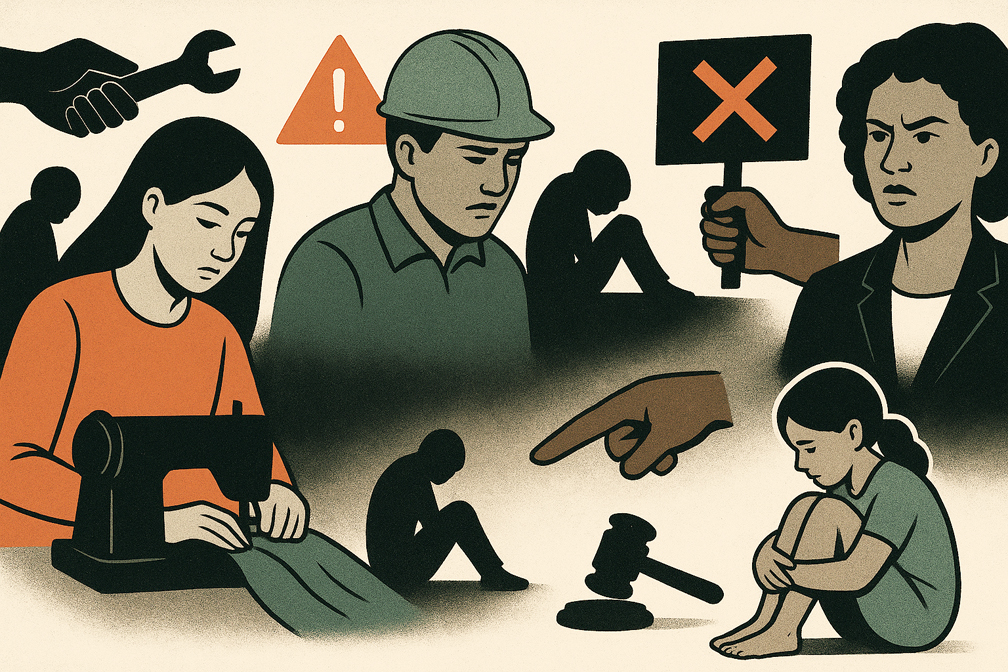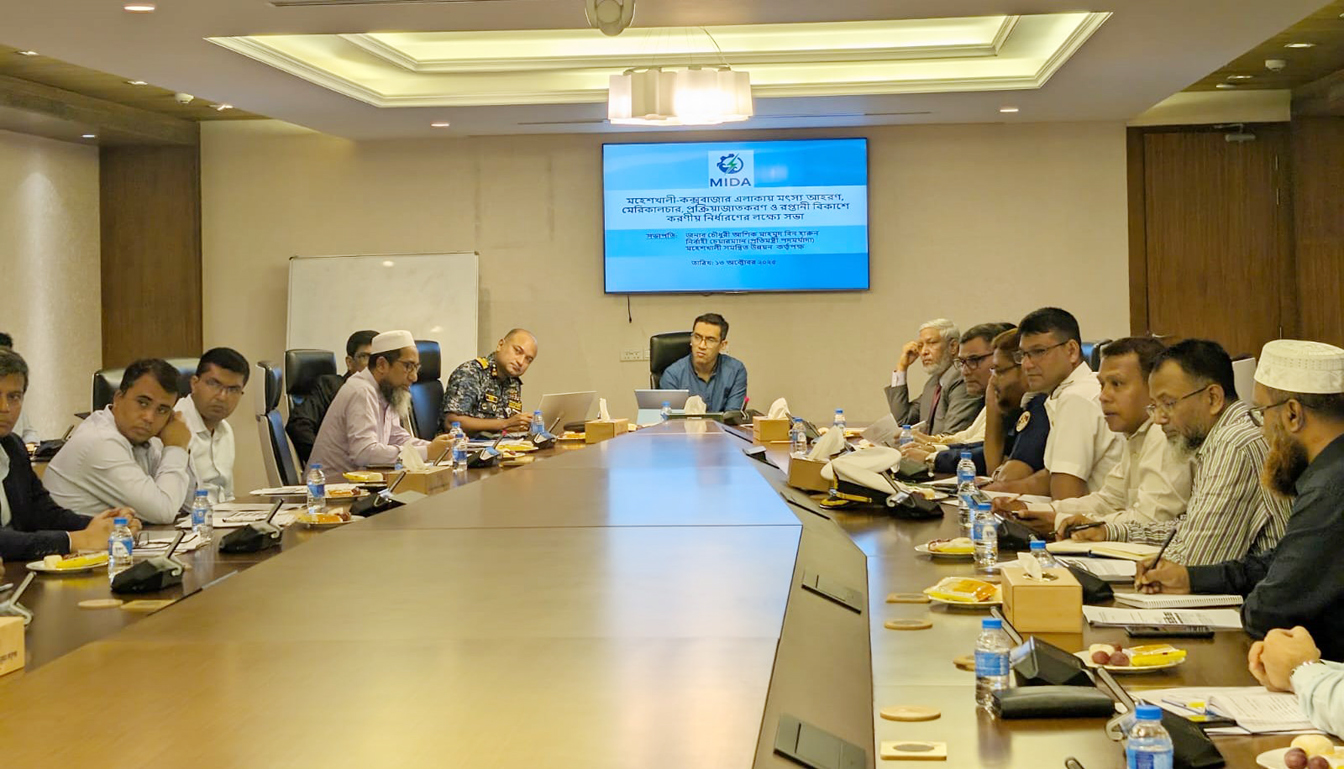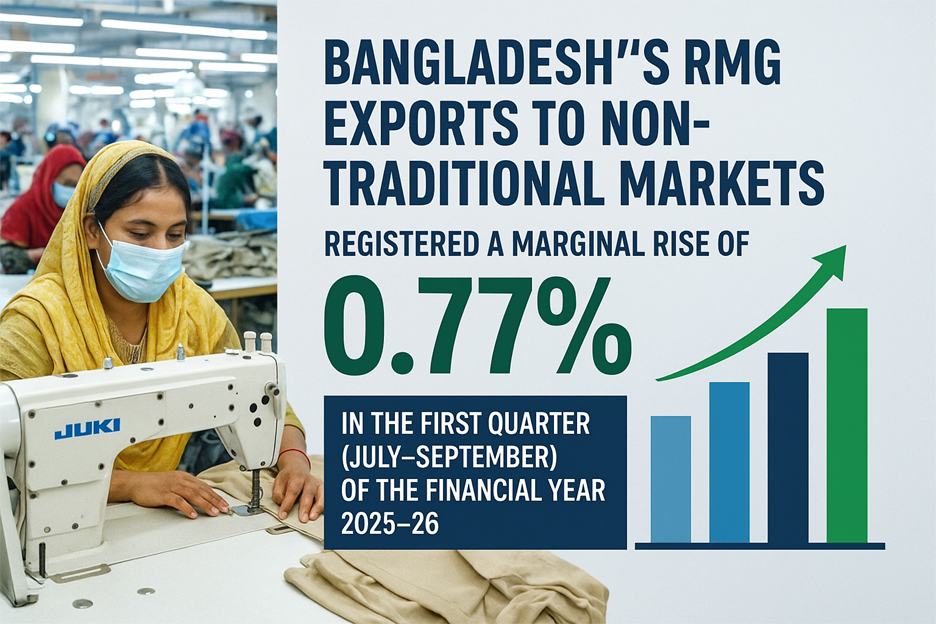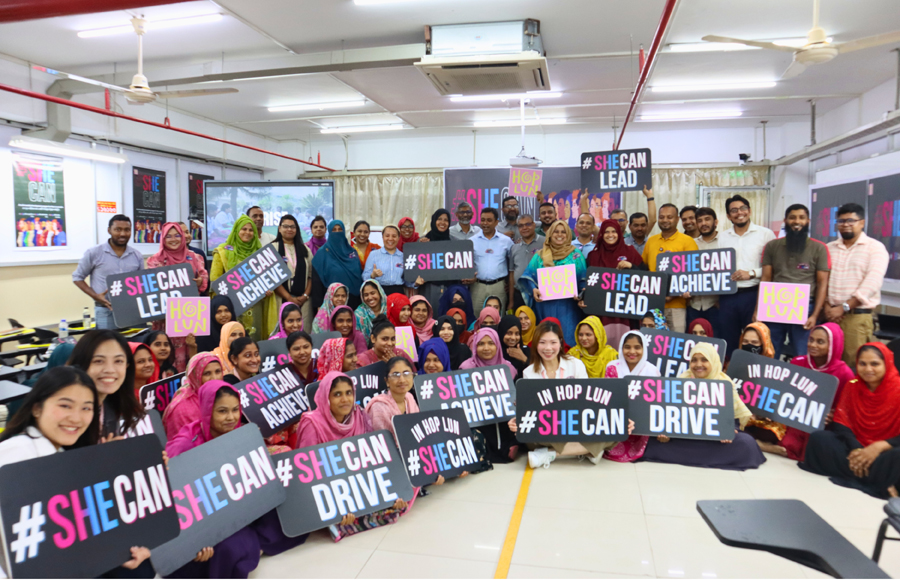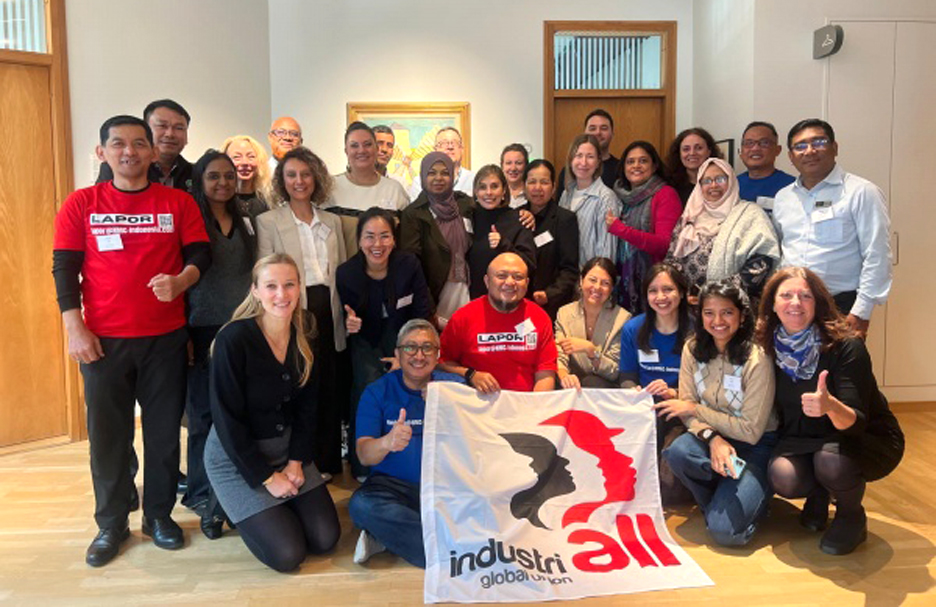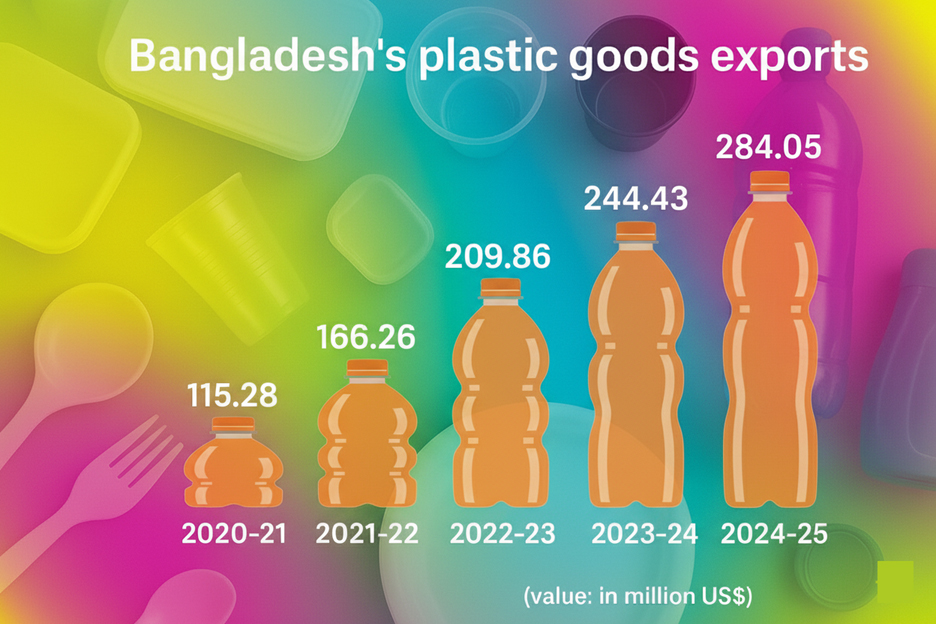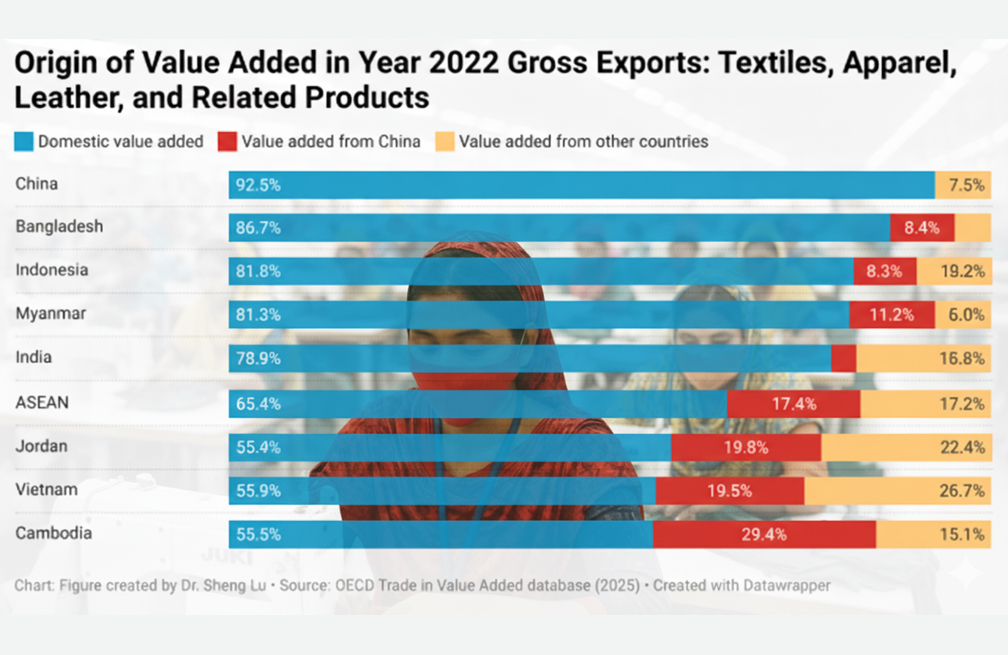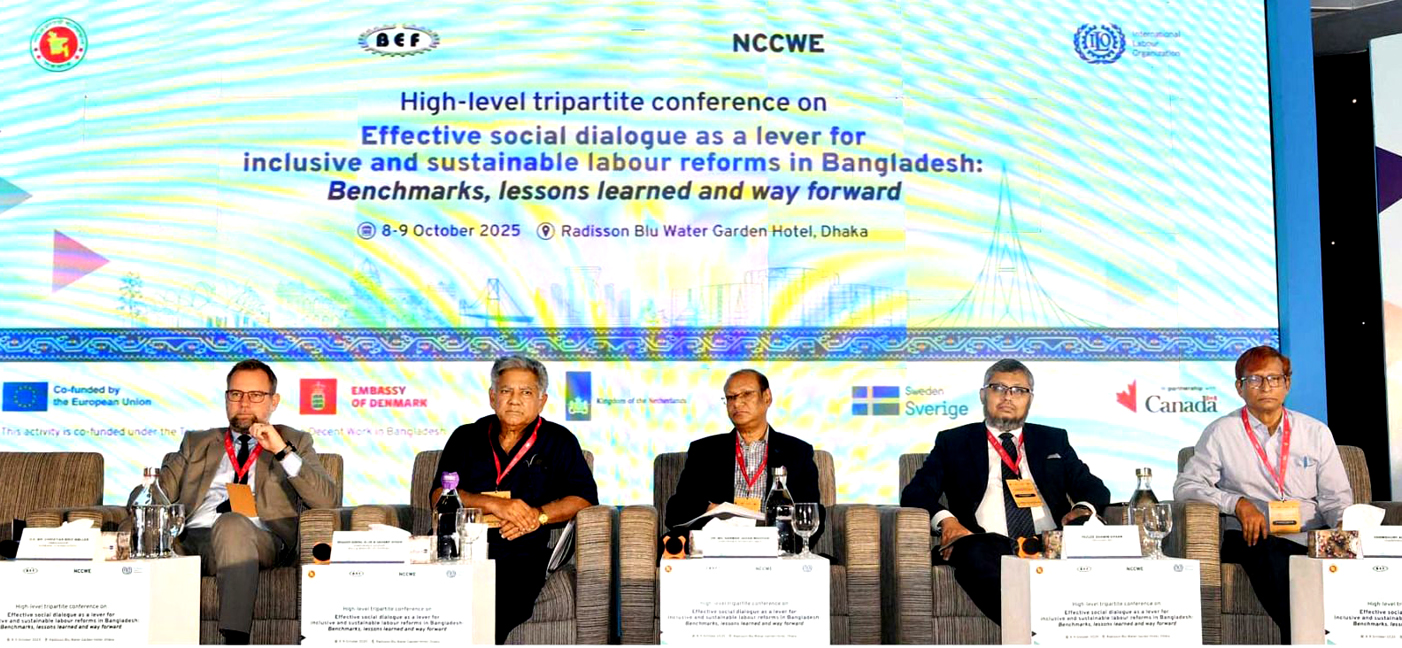The global fashion sector is facing mounting social risks, with incidents such as forced labour, discrimination, occupational health and safety breaches, child labour, and other social concerns having doubled since 2020 and rising 22 per cent in the past year.
According to a new report, Anatomy of Supply Chain Risks, by Zurich-based ESG data firm RepRisk, social issues account for two-thirds of all supply chain risk incidents over the last five years, with human rights violations and poor working conditions identified as the main drivers.
RepRisk recorded a total of 16,556 supply chain risk incidents globally between 1 May 2020 and 30 April 2025. The surge in social risks, the report said, should serve as a wake-up call for fashion companies to reassess their sourcing practices and supplier relationships.
Geographically, more than 5,000 ESG-related supply chain incidents were linked to companies headquartered in the United States, followed by firms based in Germany (2,079), France, the UK, China, and Japan.
Environmental risks were also highlighted, particularly product-related health and environmental damage, which is most prevalent in the fast fashion segment, accounting for 13 per cent of relevant incidents, compared with 7 per cent in premium brands and just 1 per cent in the luxury tier.
The report attributed this trend to fast fashion’s focus on rapid production, low costs, and high volumes, which increase exposure to such risks.
The report said that European companies are over twice as likely to be linked to labour-related issues in Asia compared to within Europe, highlighting Asia’s central role in global supply chains and its greater exposure to business conduct risks.
As fashion supply chains grow increasingly complex, factors such as climate change, geopolitical tensions, and rising regulatory scrutiny intensify legal and reputational risks.
RepRisk urged companies to prioritise transparency, ethical practices, and proactive engagement with suppliers to mitigate these challenges.
Philipp Aeby, CEO and co-founder of RepRisk, said that fashion supply chains have never been easy, and global pressures have made them even tougher.
He added that daily monitoring powered by a combination of human intelligence and AI enables companies to build resilient value chains, maintain stakeholder trust, and drive long-term performance.


